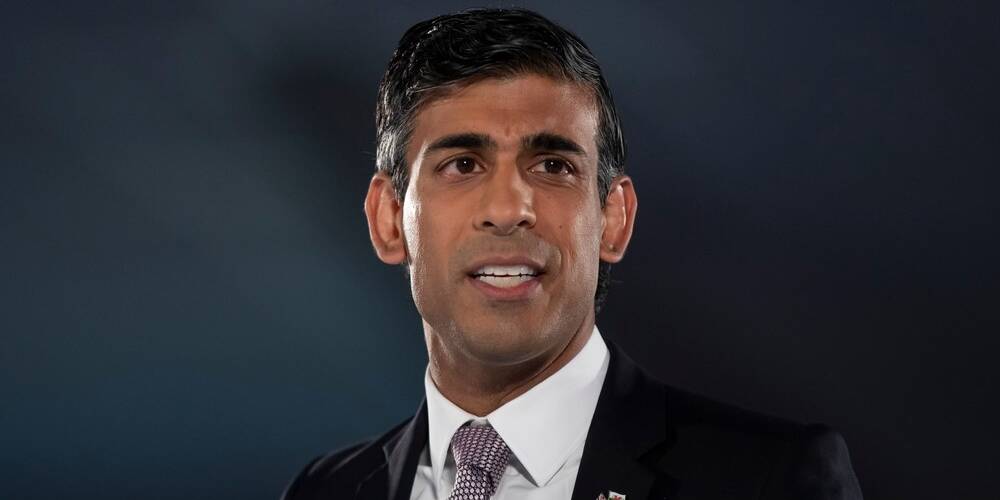COVID-19 has had an impact on every aspect of our lives, and the affordability of housing is no exception. So, is it realistic and possible for young people to afford a home?
With house prices increasing and young people losing their jobs at a higher rate than any other age demographic, can they actually afford to buy a house in the age of COVID-19?
If you’re a young person who’s spoken to an online property solicitor, applied for a mortgage, and realised that you actually can’t afford to buy a property, you’re not on your own.
In this post, we’re going to discuss how the COVID-19 pandemic has affected the ability of young people to buy a house. We’ll also take a look at whether the situation will change once the pandemic is over.
How Has COVID-19 Affected Young People’s Ability to Buy a House?
Buying a house is one of the, if not the, biggest purchases a person will make in their lifetime. In the age of COVID-19, it’s become easier for certain demographics to buy a house, and more difficult for others.
Young people have unfortunately come out on the negative end of that spectrum and are finding it more difficult to buy a house during the COVID-19 pandemic. Here’s why:
1. Stamp Duty Land Tax relief didn’t help young people
Back in 2017, the government announced that first-time buyers wouldn’t have to pay Stamp Duty Land Tax on any property under £500,000.
When the COVID-19 pandemic hit the UK, this relief was extended to everyone, not just first-time buyers. The stamp duty relief was said to be something that helped people afford new housing, but extending it to other sectors of the population didn’t help young people.
First-time buyers already had this relief, so this policy extension has not helped young people, who are likely purchasing their first home.
2. Young people are losing their jobs
On top of the land tax relief not helping young people afford homes, young people have also been losing their jobs at a higher rate than their older peers.
More under-25s have lost their jobs during the pandemic than any other age demographic, and they are more likely to be on furlough. Once Sunak’s furlough scheme ends in September 2021, the unemployment figures will likely get a lot worse.
Firstly, young people simply can’t afford to buy homes when they’re unemployed or on reduced wages. This unemployment can have a scarring effect on their income and employment prospects in the years to come.
It’s hard to imagine that this would make purchasing a house any easier for young people in the UK.
3. Young renters are in debt to their landlords
On top of the crippling unemployment faced by young people, they are also more likely to be in debt to their landlords.
Rental properties are primarily inhabited by the younger generation and, as with the stamp duty relief, the mortgage holidays scheme has been of no use to them. Instead of introducing an equivalent rental holiday, the UK government imposed an eviction ban.
Presently, this eviction ban has been extended until March 2022, but in the meantime, renters are getting into more and more debt with their landlords.
A study published back in January by Citizens Advice found that 46 per cent of renters in London have lost income during the pandemic, and 15 per cent are now in rent arrears. The number of private renters behind on their rent has also doubled since February 2020.
Being in debt to your landlord is hardly conducive to buying a property, and will only make it more difficult for young people to get on the property ladder.
4. Housing prices are increasing in certain areas
We know that during COVID-19 many young people have been losing their jobs or are on furlough. Neither are they benefitting from stamp duty relief or mortgage holidays, and they are in debt to their landlords.
These issues alone are enough to make it difficult for a young person to buy a house. Unfortunately, depending on where you live in the UK, the ability to buy a house can be even harder.
Remote working has skyrocketed since the beginning of the pandemic, and this has caused a parallel surge in people looking to give up city life and move into bigger houses in rural communities.
According to figures analysed by the Hamptons estate agency for The Guardian, prices are rising 14.2 per cent a year in countryside locations on average. This compares with less than 7 per cent in urban areas.
Anya Martin from Priced Out, an organisation that campaigns for cheaper housing, argues that wealthier people moving to rural towns means that young people may end up buying lower-quality housing — and that’s bad news for the local economy.
5. First-time buyers are getting older
The ability for young people to afford housing was degrading long before the COVID-19 pandemic ever came along. Since 2007, the age of the first-time buyer has increased by over six years from 28 to 34.
Add to that the fact that the average price for a flat has increased by nearly £100,000 over the past 13 years, and it’s easy to see how young people are being priced out of the market.
The COVID-19 pandemic saw house prices have their biggest monthly rise in 16 years in August 2020, jumping a whole 2 per cent in value. Will the housing market recover from this, or will the age of the first-time buyer continue to increase over the next decade?
So, Can Young People Afford to Buy a House in the Age of COVID-19?
In this post, we’ve discussed the main reasons for why it’s difficult for young people to buy a house during the COVID-19 pandemic.
Whether this difficulty will continue beyond the pandemic remains to be seen. However, the probability of increased unemployment once the furlough scheme has ended, and the debt many will have to pay back to their landlords in March of next year, doesn’t bode well.




